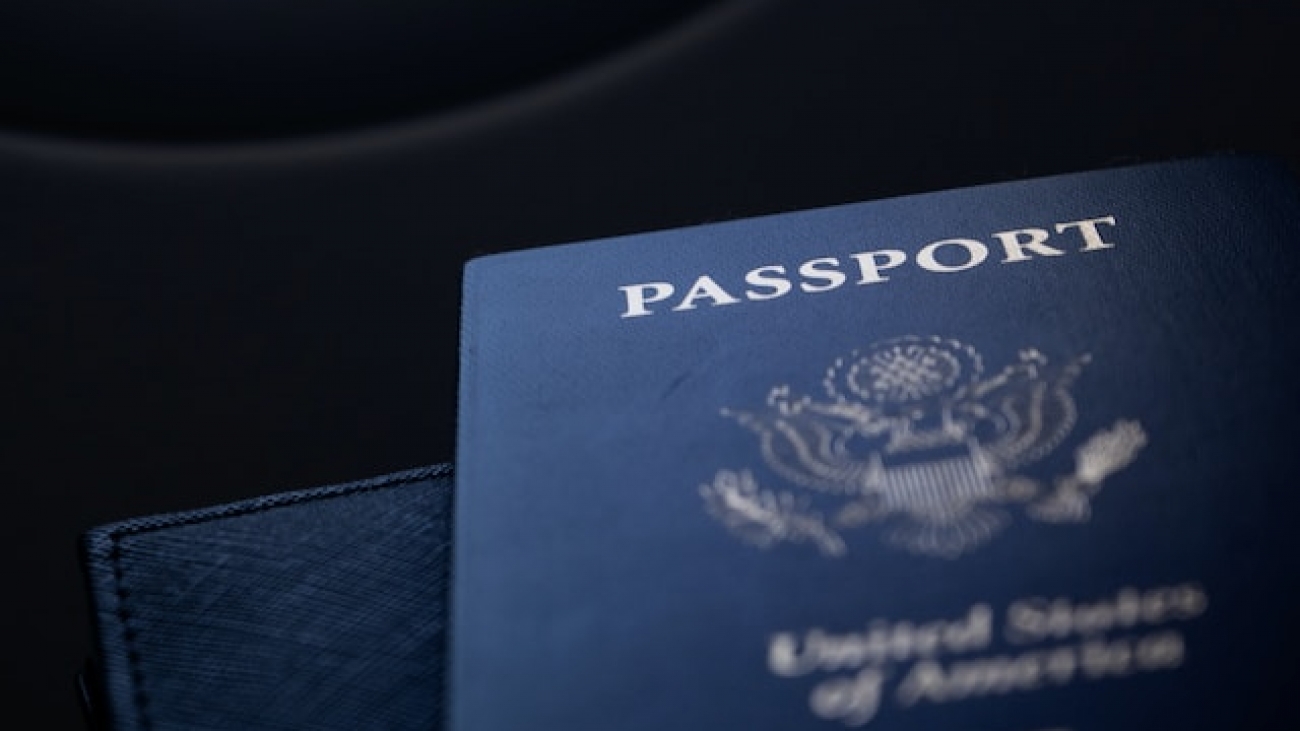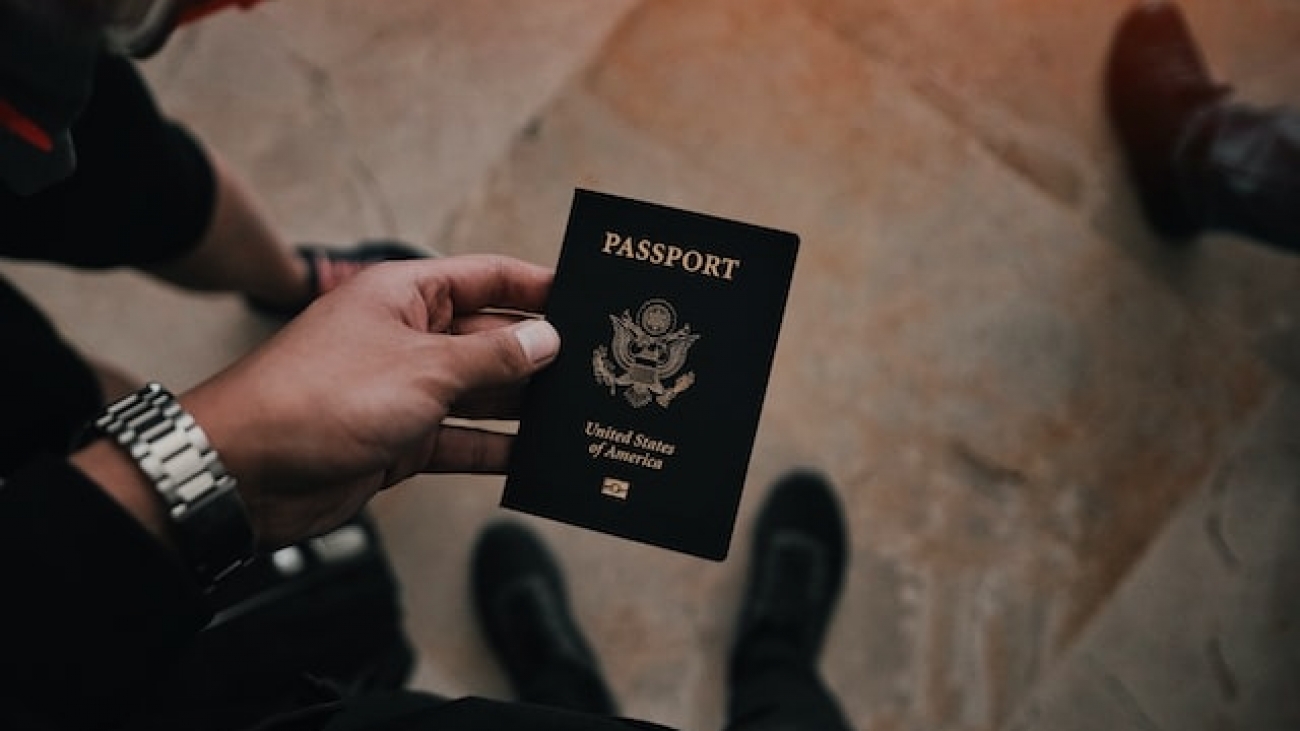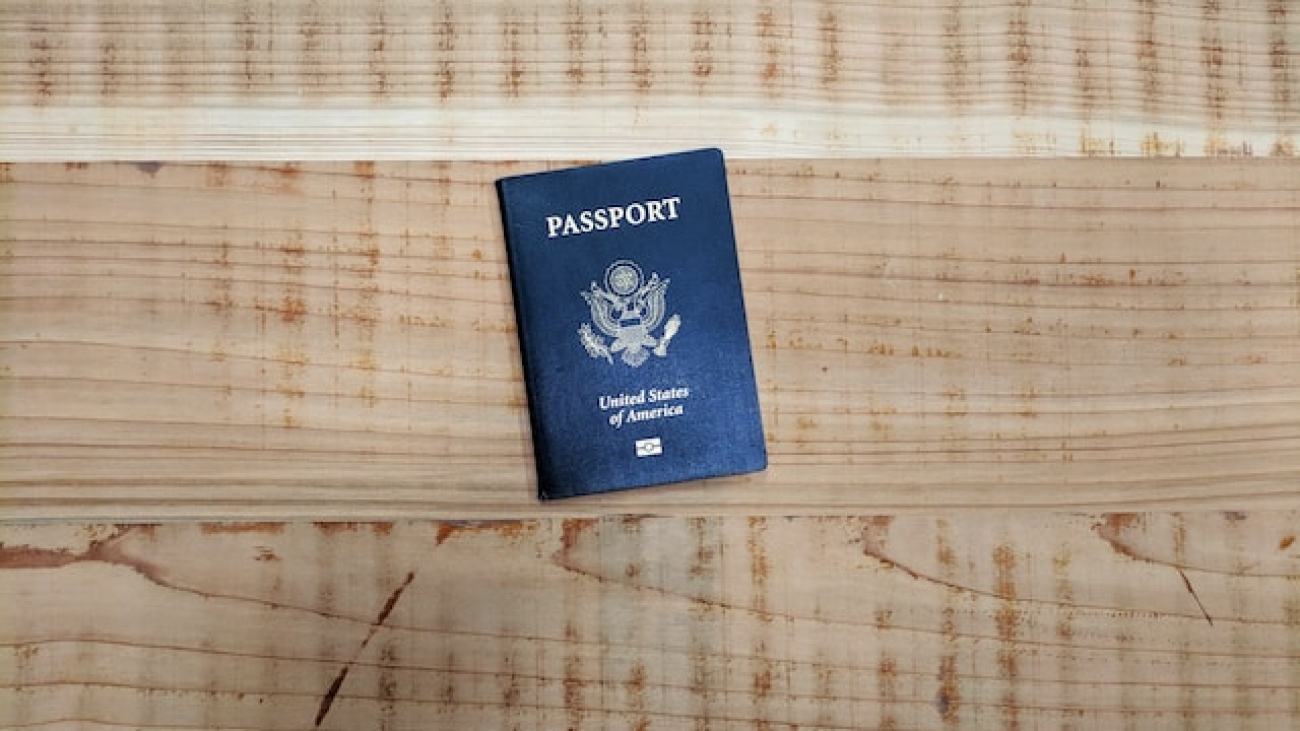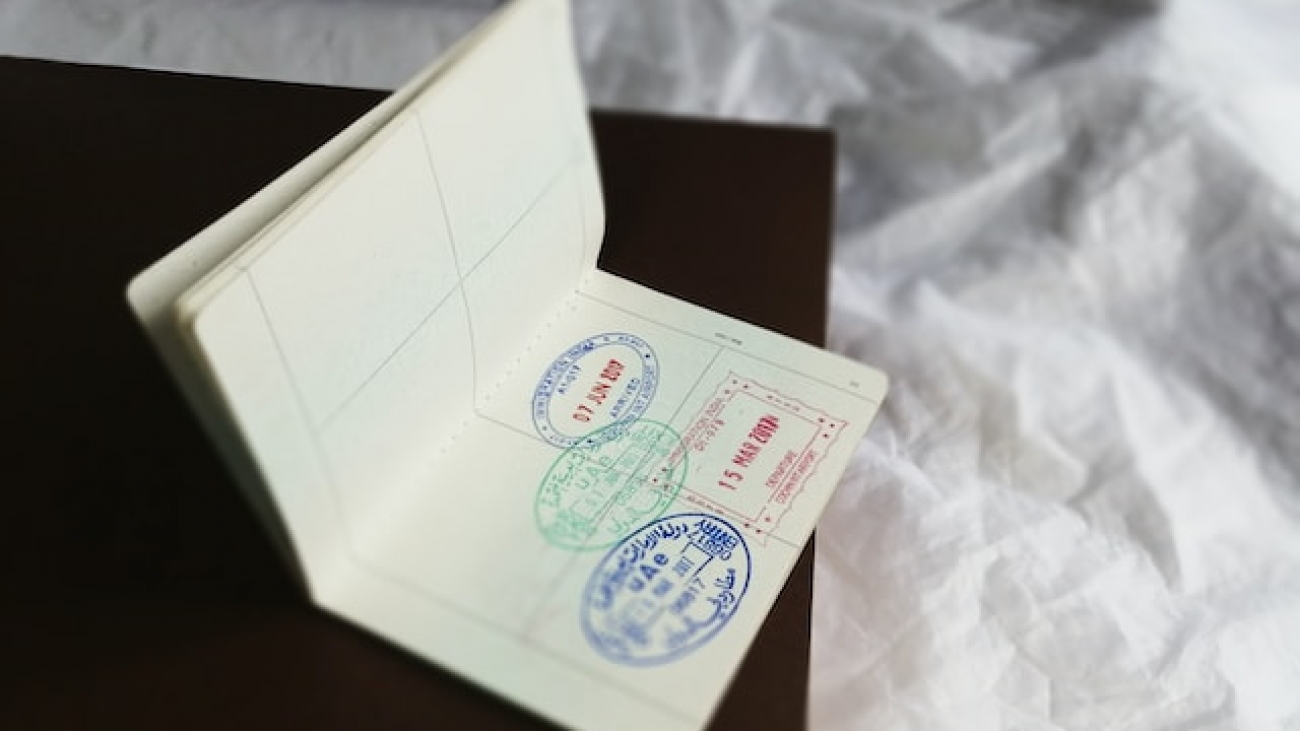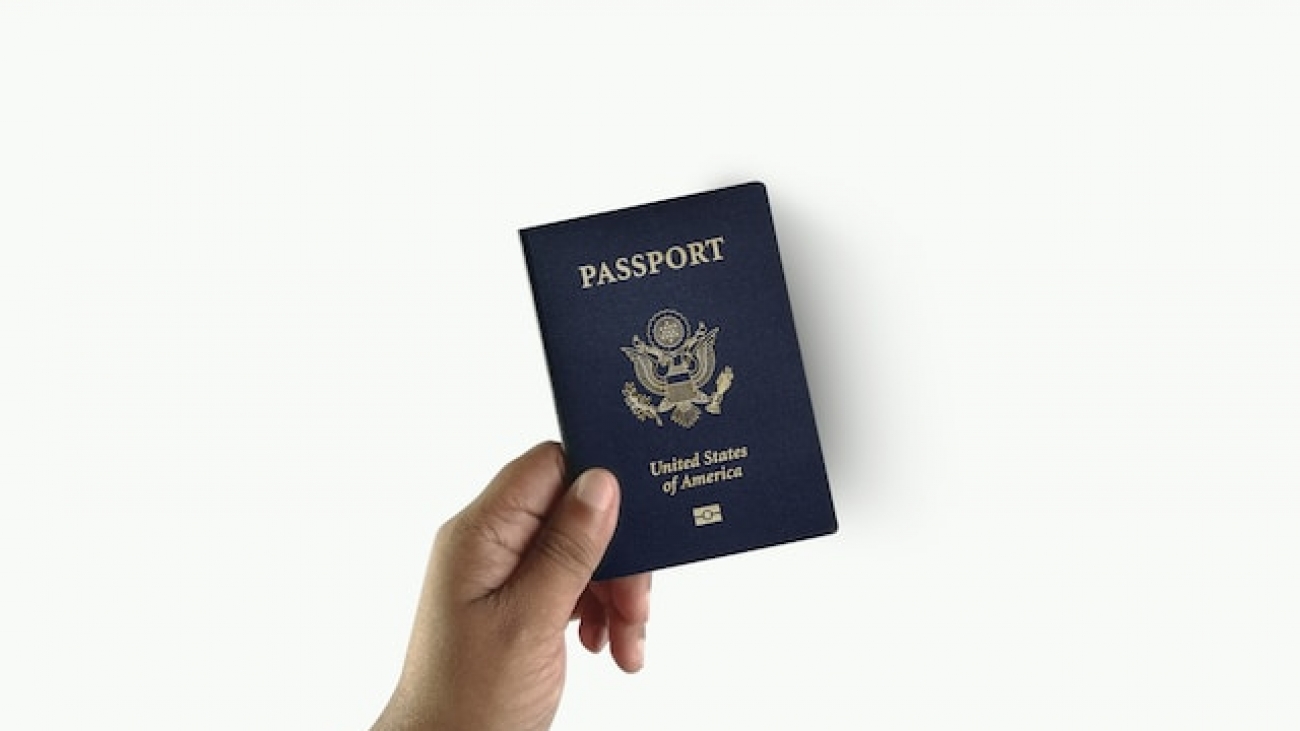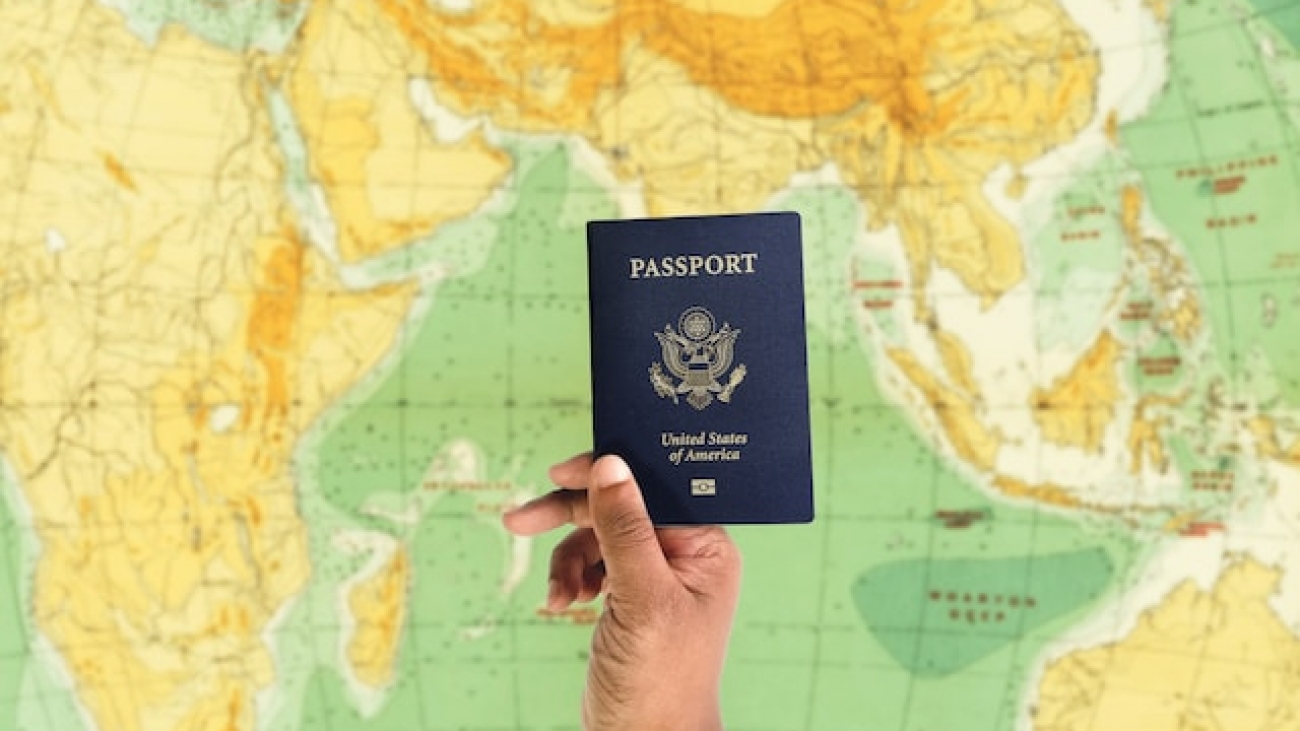The duration of stay allowed on a U.S. visa depends on the specific visa category and the terms determined by the U.S. Department of State. Here are some common visa types and their associated maximum duration of stay:
- B1/B2 Visitor Visa: The B1 visa is for business travel, while the B2 visa is for tourism and other non-business purposes. Typically, B1/B2 visas are granted for a maximum initial period of six months. In some cases, a consular officer may grant a shorter duration based on the purpose of travel or individual circumstances. Extensions beyond the initial period are possible, but they require an application to the U.S. Citizenship and Immigration Services (USCIS).
- F Student Visa: The F visa is for academic studies in the United States. The duration of stay is typically determined by the duration of the educational program. Students with an F visa can usually stay in the U.S. as long as they are enrolled in a full-time course of study and maintain their student status. Upon completion of their program, they may be eligible for a grace period of up to 60 days to prepare for departure or pursue optional practical training.
- J Exchange Visitor Visa: The J visa is for participants in exchange programs, including students, scholars, research fellows, and professionals. The duration of stay varies based on the specific exchange program and the duration indicated on the DS-2019 form. Participants may be eligible for a grace period of up to 30 days after completing their program.
- H Work Visa: The H visa category includes various work-related visas such as H-1B (specialty occupation), H-2A (temporary agricultural workers), and H-2B (temporary non-agricultural workers). The duration of stay is typically determined by the employment period specified in the approved petition, up to a maximum of three years. Extensions are possible, but they require an application to the USCIS.
It’s important to note that the duration of stay on a visa is determined by the U.S. Customs and Border Protection (CBP) officer at the port of entry upon your arrival in the United States. They may grant a period of stay shorter than the maximum allowed based on their discretion. It is crucial to comply with the terms and conditions of your visa and depart the United States before the authorized period of stay expires to avoid any immigration violations.
For precise information about the duration of stay for a specific visa category, it is recommended to consult the official website of the U.S. Department of State or speak with a qualified immigration attorney.

